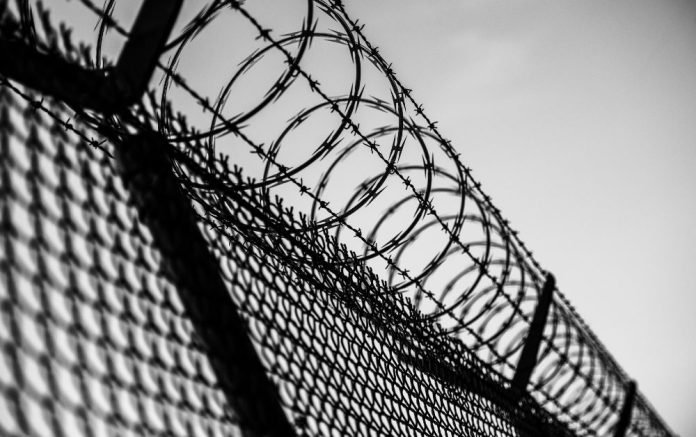A chronically ill inmate at Ankara’s high-security Sincan Prison has been denied transfer to a facility better suited to his medical needs despite a 2024 medical report recommending otherwise, the BirGün daily reported.
Ufuk Keskin, imprisoned for 27 years on undisclosed charges, suffers from diabetes, multiple food allergies and a circulatory disorder. A medical report issued in October 2024 by a public hospital in Ankara concluded that he is medically unfit to remain in a maximum-security facility. His situation came to light only recently, through an open letter he sent to his lawyer.
In Turkey, maximum-security prisons — classified as Y- or S-type — are typically reserved for political prisoners, individuals convicted of terrorism-related offenses or those deemed to be high risk. Commonly referred to as “pit-type” prisons, these facilities are known for their harsh conditions, including prolonged solitary confinement, minimal social interaction and severe restrictions on yard time, exercise and recreational activities.
Inmates held in solitary are often confined to basement-level cells with little access to sunlight or fresh air. Human rights organizations have repeatedly condemned these prisons due to their psychologically harmful conditions and the severe isolation faced by detainees. They have described them as “destructive” to prisoners’ mental and physical health.
According to Keskin’s lawyer, he needs to follow a special diet due to diabetes and food allergies. However, his dietary needs have been disregarded by prison authorities. In the letter Keskin said he wasn’t given food for many hours, which was bad for his diabetes.
“Frankly, I’m starving. I go into hypoglycemia. For 20 days I had only bread for breakfast. Every half hour, guards come to see if I’ve lapsed into a coma. I’m in the cell 24 hours a day, and I don’t even go out for the one-hour yard time.”
Ill and disabled inmates in Turkish prisons have long faced dire conditions, attracting criticism from human rights advocates, who accuse authorities of neglecting their medical and humanitarian needs.
Most recently, imprisoned university student Esila Ayık was denied release despite serious health conditions, including chronic kidney and heart disease. She passed out in her cell on one occasion. Following a physical examination, the Istanbul Chamber of Physicians issued a report declaring her unfit for incarceration. Despite this medical recommendation, Turkish authorities denied her release on Thursday, sparking public outrage.
Ayık was detained and subsequently arrested on April 9 for carrying a sign reading “Dictator Erdoğan” during a demonstration in İstanbul. She is being held in pretrial detention at Bakırköy Women’s Prison. She was one of 300 people who were arrested for participating demonstrations against the detention and subsequent arrest of İstanbul Mayor Ekrem İmamoğlu.
According to Law No. 5275, the sentence of a prisoner who due to a serious illness or disability is unable to manage life on their own under prison conditions and who is not considered a serious danger to society may be suspended until they recover. However, the stipulated suspension of sentence is often not implemented.
A report by the Human Rights Association revealed there were currently at least 1,412 sick inmates, including hundreds who are critically ill, being held in prison.
The report, based on information gathered from prisoner families, lawyers and prison visits, found that 335 prisoners are in critical condition, with 230 unable to manage their basic daily needs by themselves.










